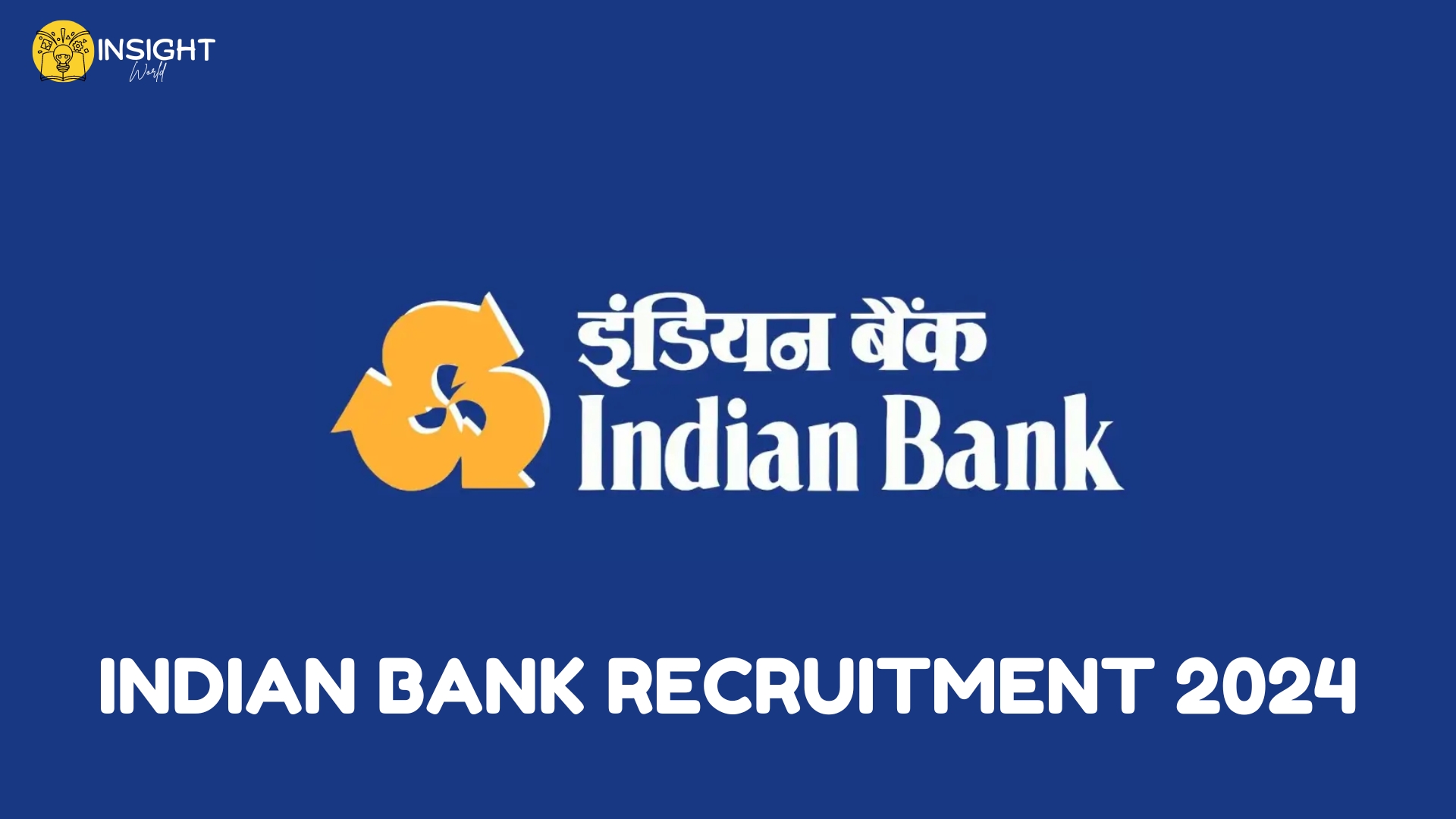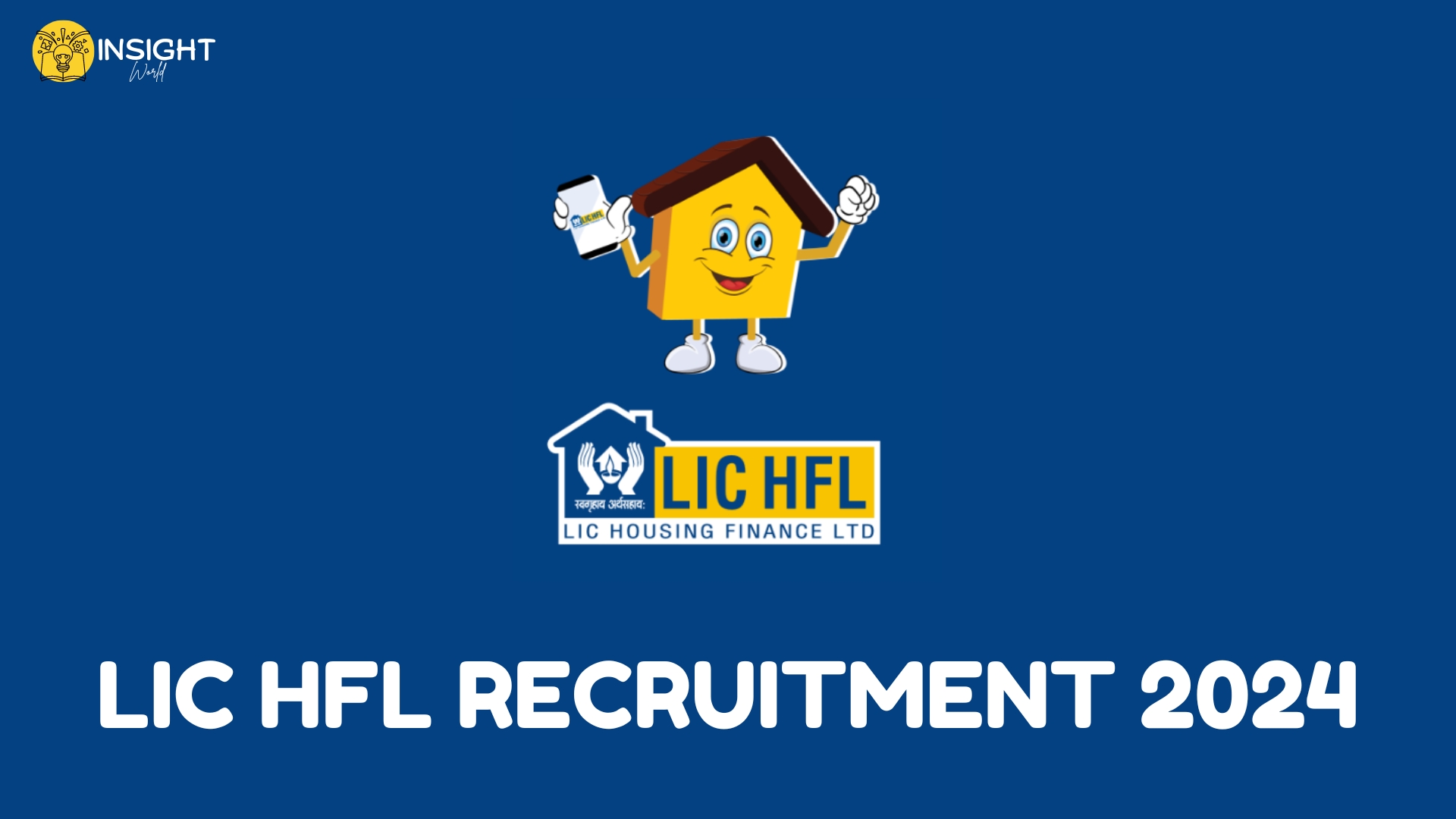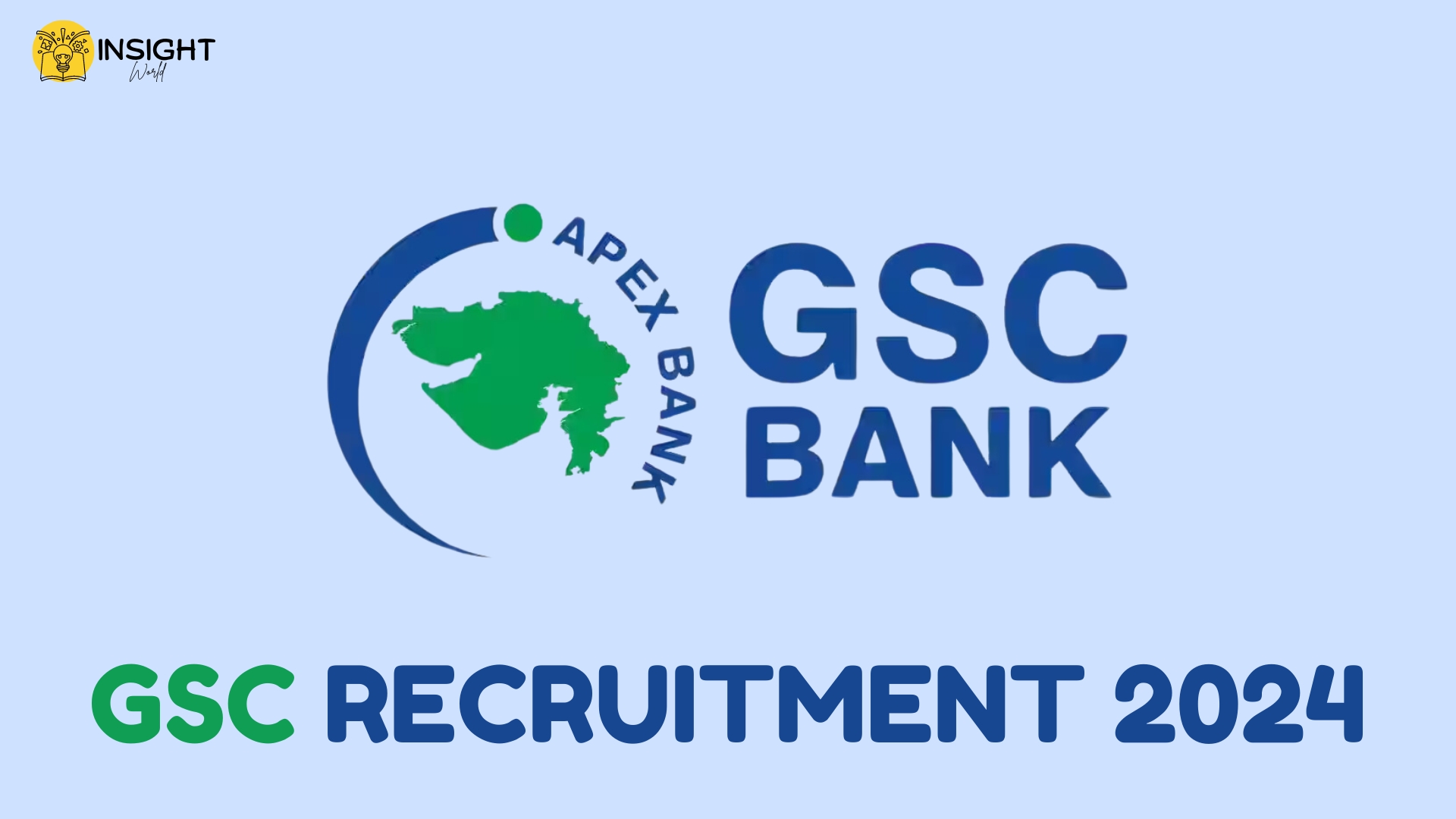Discover effective strategies for how to prepare for an interview reading answers. This comprehensive guide provides step-by-step instructions, tips, and examples to help you excel in your next interview.
Introduction
Preparing for a job interview can be a nerve-wracking experience, but it doesn’t have to be. One effective strategy is to prepare for an interview by reading answers. In this comprehensive guide, we will explore how to use this technique to boost your interview performance and increase your chances of landing your dream job.
The Power of Reading Answers
The practice of preparing for an interview by reading answers is a transformative strategy that empowers job seekers to enter the interview arena with confidence. This technique is about absorbing wisdom from others’ successes and tailoring those insights to your unique professional narrative.
By reading answers, you can:
Gain a Competitive Edge: Discover the nuances of what makes an answer stand out.
Understand Interviewer Psychology: Learn what interviewers seek in a candidate’s response.
Develop Articulation Skills: Find out how to convey your thoughts in a structured, clear, and engaging way.
Steps to Prepare for an Interview with Reading Answers
Research the Company
Embark on an investigative journey to uncover the ethos of the prospective company. Dive into their history, study their culture, scrutinize their product lines, and stay abreast of their latest ventures. This intel will enable you to infuse your answers with insights that resonate with the company’s core values.
Understand the Job Description
Examine the job description with surgical precision. Each bullet point, each desired skill is a puzzle piece to the questions you might face. This meticulous analysis will spotlight the competencies you need to emphasize and the experiences you should highlight.
Identify Common Interview Questions
Assemble a dossier of frequently asked interview questions within your field. By reading answers to these questions, you set the foundation for your response strategy, giving you a sense of direction and preparedness.
Craft Your Responses
With research in hand and examples at your disposal, begin constructing your answers. Weave your personal story into the fabric of the role, ensuring that your skills and experiences shine through in a way that aligns with the company’s mission.
Practice and Rehearse
Enter the rehearsal stage, where practice is pivotal. Whether it’s through mock interviews or recording your own delivery, this is where you refine your responses, hone your body language, and temper any interview anxieties..
Gather Feedback
Seek feedback on your interview responses from mentors, career counselors, or trusted colleagues. Constructive feedback can help you make necessary improvements.Examine the job description with surgical precision. Each bullet point, each desired skill is a puzzle piece to the questions you might face. This meticulous analysis will spotlight the competencies you need to emphasize and the experiences you should highlight.
Dos and Don'ts of Interview Preparation
Dos:
- Align Your Responses: Customize your answers to reflect the specifics of the job and company ethos.
- Engage in Active Listening: During the interview, listening is as crucial as speaking. It shows respect and allows for more tailored responses.
- Research the Interviewer: If possible, a little reconnaissance on the interviewer can arm you with conversation starters and rapport-building opportunities.
- Prepare Inquisitive Questions: Demonstrate your interest in the role and company by preparing insightful questions for the interviewer.
Don’ts:
- Avoid Rote Learning: Authenticity trumps parroted responses. Aim for natural delivery over memorization.
- Maintain Positivity: Eschew negativity about past experiences. Focus on the learnings and growth they provided.
- Non-Verbal Cues Matter: Be mindful of the silent but powerful language of body language.
- Post-Interview Courtesy: A thank-you note post-interview is not just polite; it’s a reinforcement of your interest.
Sample Interview Questions and Answers
Question 1: Tell me about yourself. “I am an enthusiastic professional with a robust background in [Your Field]. At my last position at [Former Company], my efforts in [Specific Project or Role] led to [Positive Outcome], illustrating my commitment to [Relevant Skill or Trait].”
This response showcases your achievements while tying them to the job’s requirements.
Question 2: What is your greatest weakness? “I have recognized that [Specific Weakness], such as public speaking, is an area for growth. To address this, I’ve been engaging in [Action Steps], which has led to [Evidence of Improvement].”
Here, the emphasis is on self-awareness and proactive improvement, presenting a weakness as a work in progress.
Bonus Tips
Beyond the Basics – Advanced Tactics in Reading Answers
Expanding on the foundation laid in Part 1, let’s explore advanced tactics to further harness the strategy of “how to prepare for an interview by reading answers.”
Advanced Research Techniques
Deepen your company research by exploring industry reports, press releases, and social media channels. Understanding broader industry trends allows you to tailor your answers to reflect not just the company’s needs but also its place in the larger market.
Tailoring Your Narrative
Use the “how to prepare for an interview by reading answers” method to shape your personal narrative. Identify stories from your past experiences that align with the company’s values and the job’s responsibilities, ensuring each anecdote underscores a relevant skill or lesson learned.
Leveraging Success Stories
Reading answers from successful candidates provides valuable insights. Analyze their structure, the way they highlight achievements, and how they align skills with the job requirements. Adapt these elements to fit your own experiences, creating a narrative that’s both compelling and personalized.
The Psychological Edge – Mental Preparation Strategies
Visualization Techniques
Imagine yourself in the interview room, delivering your responses with confidence. Visualization can reduce anxiety and improve performance, making it a powerful psychological tool in the “how to prepare for an interview by reading answers” arsenal.
Mindfulness Practices
Engage in mindfulness practices to center yourself before the interview. Techniques such as deep breathing can help calm nerves and sharpen focus, ensuring you’re present and responsive throughout the interview process.
Overcoming Impostor Syndrome
Many candidates struggle with feeling unworthy or like an impostor. Recognize your achievements and remind yourself that you have earned the opportunity to interview for this position. Reading answers can affirm your readiness and reinforce the value you bring to the table.
The Day Before – Final Preparations and Settling Nerves
Final Review Session
Spend some time reviewing your prepared answers, but avoid cramming. Trust in the preparation you’ve done using the “how to prepare for an interview by reading answers” technique, knowing that your groundwork has set you up for success.
Rest and Relaxation
A clear mind and a rested body are crucial. Ensure you get a good night’s sleep before the interview day, and engage in activities that relax you, be it a walk, a favorite hobby, or meditation.
Dress Rehearsal
Plan your attire ahead of time. Dressing in a way that’s both comfortable and appropriate for the company culture can boost your confidence and make a positive impression.
Post-Interview Reflection – The Learning Continues
Reflect on Your Performance
After the interview, take the time to reflect on what went well and areas for improvement. This reflection is an integral part of “how to prepare for an interview by reading answers,” as it allows you to continually refine your approach.
Record Key Points
While the conversation is fresh, jot down specific questions you were asked and your responses. This record not only serves as a debriefing tool but also enriches your repository of reading answers for future interviews.
Continuous Learning
Every interview is a learning opportunity. Use it to build upon your method of “how to prepare for an interview by reading answers.” With each experience, your ability to craft and deliver impactful responses will grow.
Conclusion
Preparing for an interview by reading answers is an iterative process, a cycle of preparation, execution, and reflection. By consistently applying and refining this strategy, you solidify your interview prowess, turning each opportunity into a stepping stone towards your career aspirations.
Embrace the journey of “how to prepare for an interview by reading answers” as a dynamic pathway to personal and professional growth. With dedication and practice, this approach will not only enhance your interview performance but also empower you to present the best version of yourself to potential employers.
FAQs
It's not recommended to use answers verbatim. Instead, use them as a reference to structure your responses authentically.
Look for reputable sources such as career websites, books, or even professionals in your network who can provide insights and examples of successful interview responses.
If you can't find answers to specific questions, use the principles you've learned from reading answers to formulate your own responses based on your experiences and qualifications.
Body language is crucial. Maintain good posture, make eye contact, and use positive gestures to convey confidence and professionalism.




